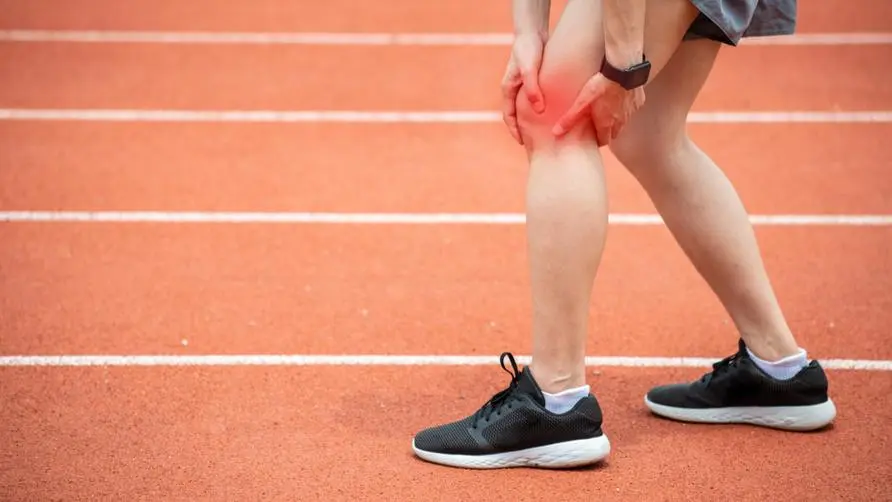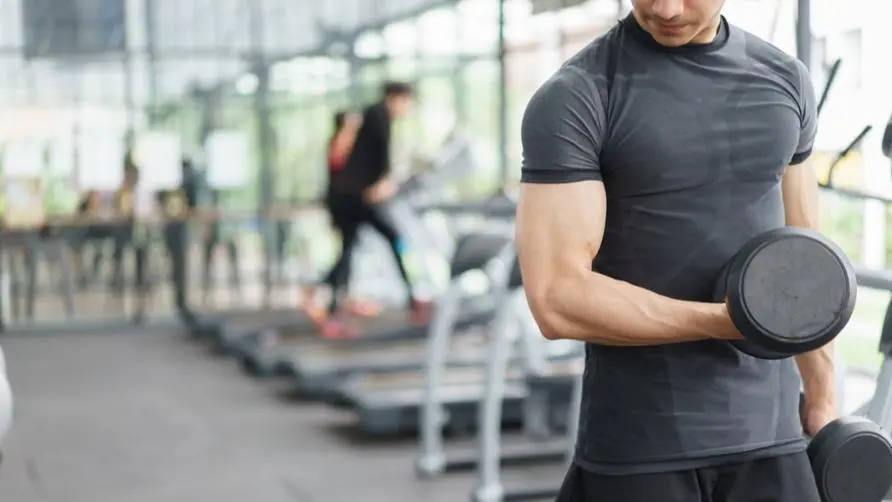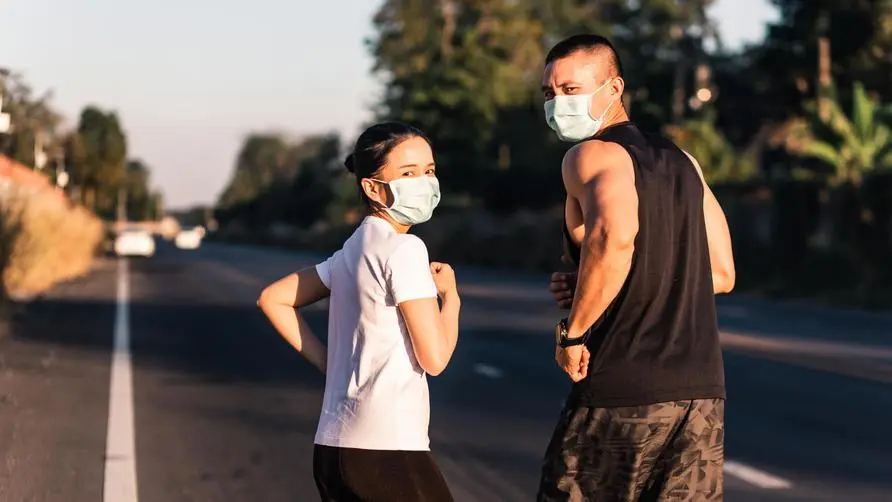Inactivity is the fourth cause of death in the world! Study: Exercising less than 10 minutes a week increases the risk of death from Covid-19 by 2.49 times

“Lack of exercise” is the fourth leading cause of death in the world, and the mortality rate due to the epidemic is 2.49 times higher
The Omicron mutant strain has once again caused a tense situation in the epidemic. Once epidemic prevention is upgraded again, indoor and outdoor sports venues may face closure again. However, physical inactivity is the fourth leading risk factor for mortality globally and is also considered a risk factor for severe COVID-19 infection. A study published by the University of California team in the international journal “BJM” pointed out that COVID-19 patients who do not exercise for a long time (exercise less than 10 minutes a week) have significantly increased hospitalization rates, severe illness rates, and mortality rates.
The study stated that lack of sufficient physical activity is one of the potential risk factors for various chronic diseases. The research team looked at 48,440 people diagnosed with COVID-19 and found that compared with those who met the recommended amount of exercise for adults (150 minutes of moderate-intensity exercise per week) Among people, the hospitalization rate of patients who did not exercise at all was 2.26 times, the severe disease rate was 1.73 times, and the mortality rate was 2.49 times.
The University of California pointed out in the study that regular exercise can help improve immune function, reduce the incidence and severity of infection with various viruses, and reduce overall mortality. At the same time, exercise can reduce systemic inflammation, which is the main reason why COVID-19 causes pneumonia and damages body functions.
Research emphasizes that exercise has comprehensive benefits for the body, including promoting cardiovascular health, increasing lung capacity and muscle endurance, and also improving mental health. However, the social blockade policies that have been open and closed in various countries since the virus pandemic have inadvertently caused people to reduce the amount of exercise. It is recommended that people should be encouraged to engage in regular exercise as much as possible to increase their ability to protect themselves from serious infections.
Muscle mass may decline rapidly after being bedridden due to the epidemic, making it more difficult to balance exercise and life while working from home
Another issue worth noting is the exercise status of those diagnosed. Physical therapist Corey Malone reminds that once COVID-19 is diagnosed, you may need to be hospitalized and bedridden, resulting in long-term lack of exercise, which may lead to decreased muscle mass, decreased flexibility, joint stiffness, and balance disorders.
Malone pointed out that bedridden patients may lose up to 12% of their muscle mass per week on average. Rapid loss of muscle mass will increase joint and bone problems and make them more susceptible to osteoporosis and arthritis. Malone believes it may take 6-8 weeks to achieve muscle-strengthening effects after contracting COVID-19.
In addition, research from the University of London also shows that during the epidemic, the proportion of young people’s physical activity changes (increase or decrease) is greater than that of people over 40 years old. They may engage in more sedentary leisure and social activities, replacing the previous consumption. Time on exercise. During the period of working from home, young people face greater pressure, and it is more difficult to replace the balance between life and work, which is also the reason for the decline in physical activity.
In this regard, the World Health Organization recommends that the COVID-19 pandemic may cause many healthy adults to face home isolation, a lifestyle of working from home for a long time, longer periods of sitting and less exercise, which will affect health. It is recommended that every week Perform 150 minutes of moderate-intensity exercise or 75 minutes of high-intensity exercise training, or a combination of the two. If you sit for long periods of time, try to get up and move around every 30 minutes.
Source:





